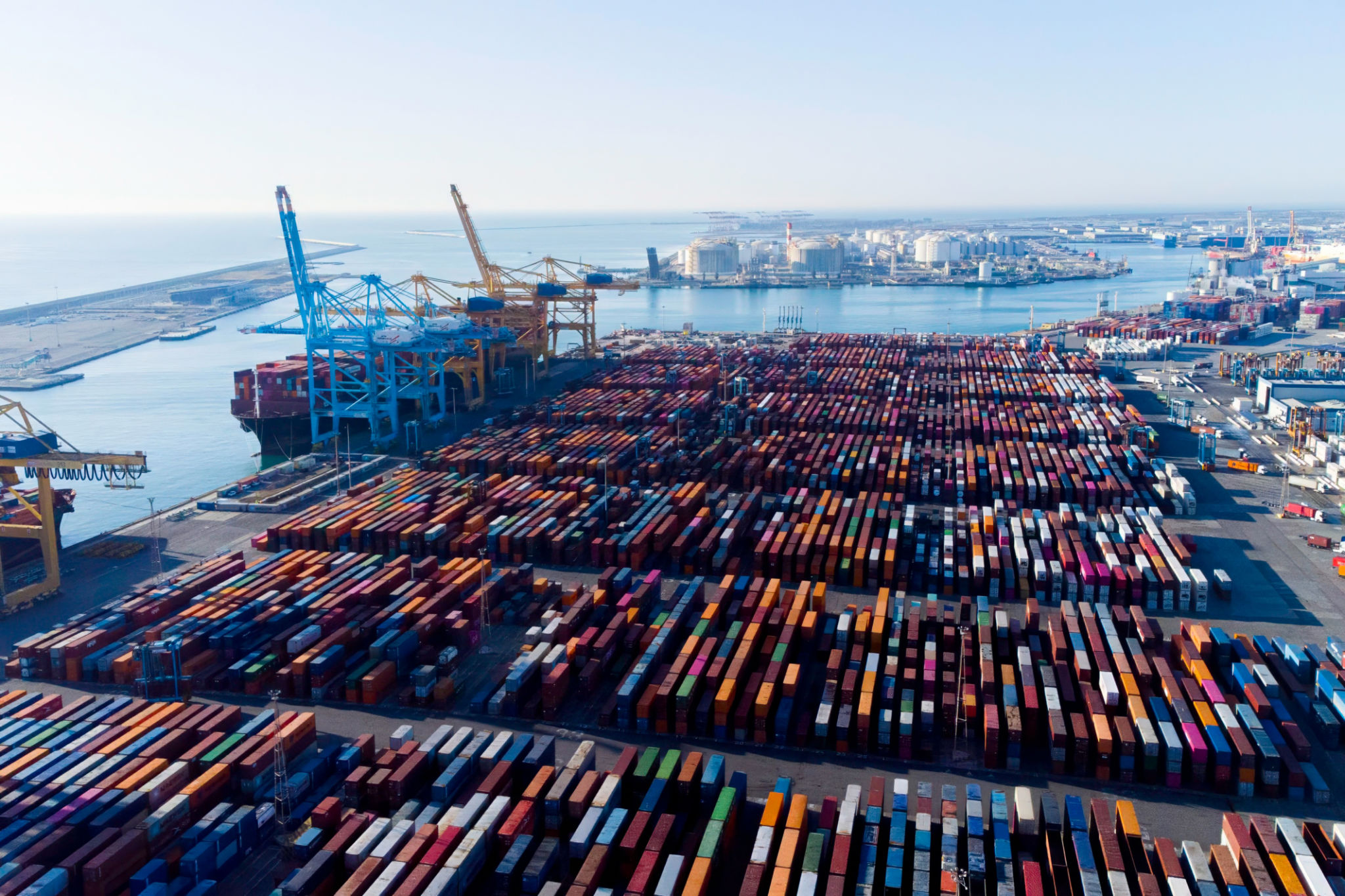The Importance of Supply Chain Resilience in Today’s Market
Understanding Supply Chain Resilience
In today’s rapidly changing market, supply chain resilience has become a critical factor for businesses aiming to maintain smooth operations. At its core, supply chain resilience is the ability of a system to anticipate, prepare for, respond to, and recover from disruptions. These disruptions can range from natural disasters and geopolitical tensions to technological failures and unexpected demand surges. Companies that focus on building resilient supply chains are better equipped to handle these challenges and sustain their market position.
A resilient supply chain is not just about reacting to disruptions but also proactively preventing potential issues. Businesses can achieve this by implementing risk management strategies, diversifying their supplier base, and investing in technology that provides real-time insights into their operations.

The Impact of Globalization
Globalization has significantly impacted supply chains, creating both opportunities and challenges. On the one hand, businesses can source materials from around the world, access new markets, and optimize costs. On the other hand, globalization introduces complexities such as increased risk of disruptions due to geopolitical issues, trade restrictions, and cultural differences.
To navigate these complexities, companies must enhance their supply chain resilience by fostering strong relationships with international partners and ensuring compliance with global regulations. This approach not only mitigates risks but also opens up new avenues for growth and innovation.

Technological Advancements in Supply Chains
Technology plays a pivotal role in enhancing supply chain resilience. Technologies like artificial intelligence (AI), machine learning, and blockchain offer unprecedented visibility and control over supply chain operations. For instance, AI can predict demand fluctuations, while blockchain ensures transparency and traceability throughout the supply chain.
By leveraging these technologies, companies can make informed decisions quickly, reducing the impact of potential disruptions. Furthermore, automation can streamline processes, minimize human error, and increase efficiency across the supply chain.

Strategies for Building Resilient Supply Chains
There are several strategies businesses can adopt to enhance their supply chain resilience:
- Diversification: Working with multiple suppliers across different regions reduces dependency on a single source.
- Inventory Management: Maintaining optimal inventory levels ensures that businesses can meet demand even during disruptions.
- Collaboration: Building strong partnerships with suppliers and stakeholders fosters trust and improves communication.
Implementing these strategies requires a shift in mindset from short-term cost savings to long-term sustainability and risk management.

The Role of Sustainability
Sustainability is increasingly becoming a key component of supply chain resilience. Consumers and regulators are demanding more transparency and environmental responsibility from businesses. A sustainable supply chain not only minimizes environmental impact but also enhances resilience by reducing dependency on non-renewable resources and ensuring compliance with regulations.
Companies can achieve sustainability by optimizing logistics, minimizing waste, and using eco-friendly materials. This approach not only benefits the environment but also strengthens the company’s reputation and customer loyalty.
The Future of Supply Chain Resilience
The future of supply chain resilience lies in adaptability and continuous improvement. As markets evolve and new challenges emerge, businesses must remain agile and ready to pivot strategies. Regularly assessing risks, investing in employee training, and staying updated with industry trends are essential components of maintaining a resilient supply chain.
Ultimately, companies that prioritize supply chain resilience will not only survive but thrive in today’s dynamic market. By embracing innovation and sustainability, they can build robust systems capable of overcoming any disruption that comes their way.